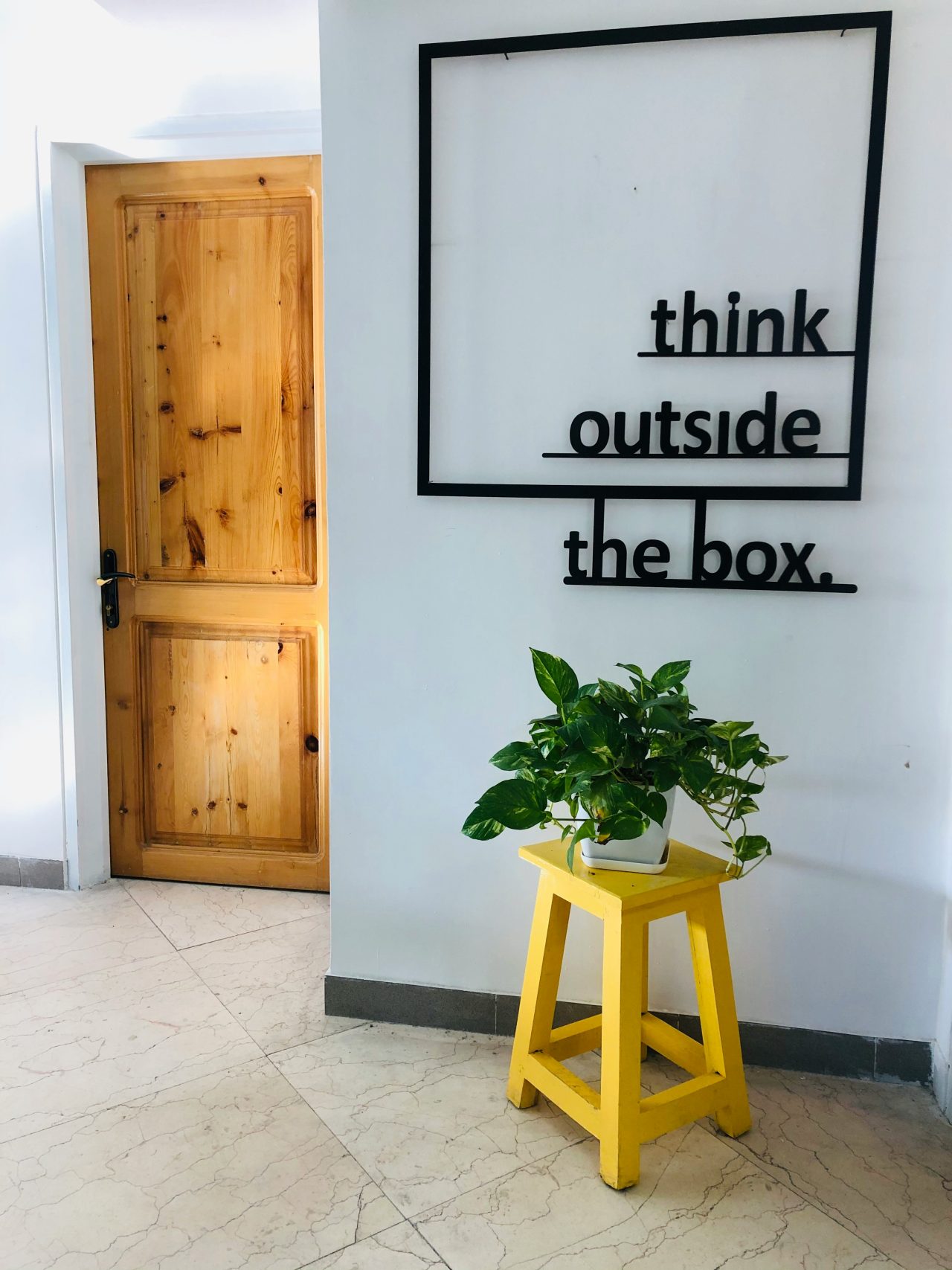When we talk about excellence today, it often sounds like this: deep mastery of a tool, flawless code, immaculate design, the perfect deck, the ideal algorithm. And yes, of course, technical excellence matters. It signals dedication, precision, and competence.
But what if collaboration skills matter more than we give them credit for? What if your ability to work with others, surface collective value, build trust, and co-create is the true differentiator between good and exceptional? In short, will you dare to choose collaboration skills over just technical excellence?
The trap of technicalism
It’s seductive. You polish your craft, become “the expert,” build the asset, own the domain. You win certainty. Yet expertise can isolate you. You speak alone, lead alone, decide alone. You can deliver something technically flawless and still miss the impact you set out to create.
Over the years, I’ve witnessed a lack of collaboration skills quietly erode even the strongest technical excellence. It dims your brilliance, alienates your audience, and limits your impact. You might have the right answers, but if you can’t bring others with you, they’ll never land.
When you fixate on output over outcome, you sell yourself short. The world doesn’t need only what you can do; it needs what you enable others to do with you. It needs your rigor and your relational intelligence.
What collaboration really looks like
Collaboration isn’t politeness in a meeting. It’s the discipline of listening first—tuning into what isn’t said, noticing the hesitations and the heavy silences. It’s inviting contribution and actually making room for it, trusting that great ideas rarely belong to the loudest voice. It’s holding ambiguity without rushing to closure, staying curious while disparate parts find their pattern. It’s aligning on purpose so the team shares meaning, not just tasks. And it’s letting go of “my way,” keeping standards high while allowing ownership to become “ours.”
If I, as a leader, could give one piece of advice to a young person aiming for the IT world, it would be this: learn to collaborate like your career depends on it—because one day it might. That may be the real added value that makes leaders and recruiters choose you, again and again. Been there, done that 🙂
Don’t be a diminisher
Collaboration dies when we shrink the people around us. Don’t be that person. Resist the urge to dominate airtime; create space and then protect it. Swap the quick fix for genuine coaching so others keep trying. Retire the reflex to say, “We tried that already,” and ask instead what’s different now. Don’t rescue too fast; ask, “What’s your next move?” Most of all, stop making it about you. Move from showcasing expertise to creating the conditions where everyone can contribute. Multipliers assume capability, ask stretch questions, grant real ownership, and celebrate collective wins. That’s collaboration at full power.
Choosing collaboration over technical excellence doesn’t mean “less”
It means broadening what we call excellent. Picture two outcomes. In one, you solve the technical problem perfectly, but deliver an architecture no one adopts or understands. In the other, you convene the right people, define the problem together, and build something robust enough to use, maintain, and evolve. It may be less pristine on paper, and it will most likely take longer, but it works in the real world. It lasts. It scales. It adapts. Technical excellence still matters; collaboration excellence amplifies it. It’s the multiplier.
Excellence today is a team sport
We no longer live in the era of single-hero experts. We live in networks, ecosystems, and interdependent systems. Excellence is no longer what you do alone; it’s what we achieve together.
So, do you dare to step outside the traditional box and choose collaboration skills over technical excellence? Choose it, and you open the door to something richer than mastery alone. Choose it, and start building a meaningful, lasting impact.




